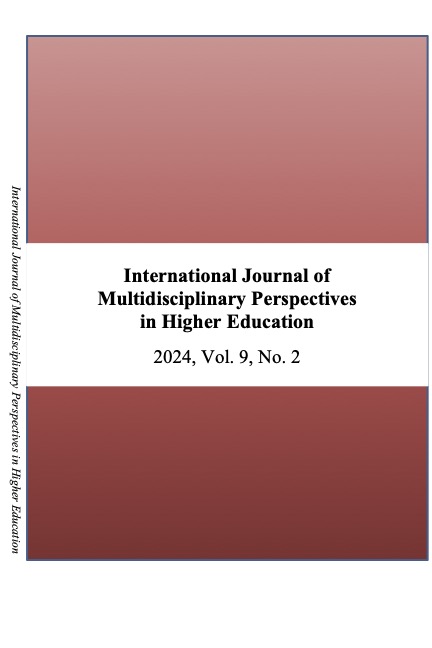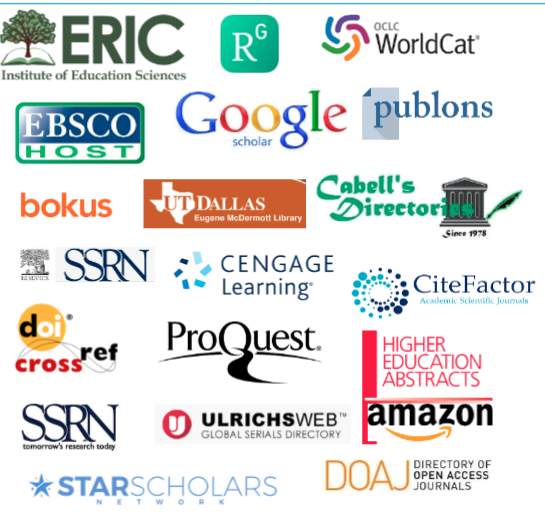Recognizing Indigenous Knowledges
The Imperative of Decolonization in Higher Education in Chile
DOI:
https://doi.org/10.32674/3s9fsd36Keywords:
Higher education, Decolonization, Western knowledge, Chile, Indigenous perspectivesAbstract
This reflection explores the critical importance of decolonization in higher education, emphasizing the recognition and integration of Indigenous knowledges and epistemologies into teacher education courses. Drawing from a critical conversation with a Chilean academic deeply engaged in decolonial practices, the discussion highlights how traditional Western-centric models of education have historically marginalized Indigenous perspectives, leading to a narrow and incomplete understanding of knowledge. The academic highlights the necessity of challenging these dominant paradigms by acknowledging and valuing the rich, diverse epistemologies that Indigenous communities contribute to helping us read the world (Freire & Macedo, 1987) through different onto-epistemological lenses. This process of decolonization is not merely an academic exercise but a transformative approach that seeks to create a more inclusive and equitable educational landscape that is sensitive to diverse voices, perspectives, ways of knowing and being. By integrating Indigenous knowledges, higher education institutions can foster a more holistic and diverse intellectual environment, ultimately contributing to the broader goals of social justice and reconciliation.
References
Bacquet, G. (2021). Towards a decolonization of classrom practices in Chilean higher education - A suggested framework. International Journal of Education and Literacy Studies 9(4), 16-25.
Barahona, M. (2016). English language teacher education in Chile: A cultural historical activity theory perspective. Routledge.
Barahona, M., Veliz, L., & Darwin, S. (2024). Introduction - Exploring avenues for the transformation of teaching and learning English in Chile. In L. Veliz, M. Barahona, & S. Darwin (Eds.), Critiquing the teaching and learning of English in Chile: Challenges and opportunities for transformative practice (pp. 1-10). Routledge.
Castañeda-Peña, H., Gamboa, P., & Kramsch, C. (Eds.). (2024). Decolonizing applied linguistics research in Latin America: Moving to a multilingual mindset. Routledge.
Freire, P., & Macedo, D. (1987). Literacy: reading the word and reading the world. Bergin & Garvey.
Kramsch, C. (2019). Between globalization and decolonization: Foreign languages in the crossfire. In D. Macedo (Ed.), Decolonizing foreign language education: The misteaching English and other colonial languages (pp. 50-72). Routledge.
Kubota, R. (2020). Confronting epistemological racism, decolonizing scholarly knowledge: Race and gender in applied linguistics. Applied Linguistics, 41(5), 712-732. https://doi.org/10.1093/applin/amz033
Makoni, S., Idem, U. A., & Rudwick, S. (2023). Decolonizing applied linguistics in Africa and its diasporas: disrupting the center. Critical Inquiry in Language Studies. https://doi.org/10.1080/15427587.2023.2255324
Tully, J. (2024). Deprachializing political theory and beyond: A dialogue approache to comparative political thought. In M. Kirloskar-Steinbach (Ed.), Dialogue and decolonization: Historical, philosophical, and political perspectives (pp. 1-39). Bloomsbury.
Veliz, L. (2023). Supporting multilingualism: What parent think and what we should do as a community. The Spoke. https://thespoke.earlychildhoodaustralia.org.au/supporting-multilingualism-parents-think-need-know-community/
Veliz, L. (Ed.). (2024). Multiculturalism and multilingualism in education: Implications for curriculum, teacher preparation and pedagogical practice. Brill.
Veliz, L., Barahona, M., & Darwin, S. (Eds.). (2024). Critiquing the teaching and learning of English in Chile: Challenges and opportunities for transformative practice. Routledge.






